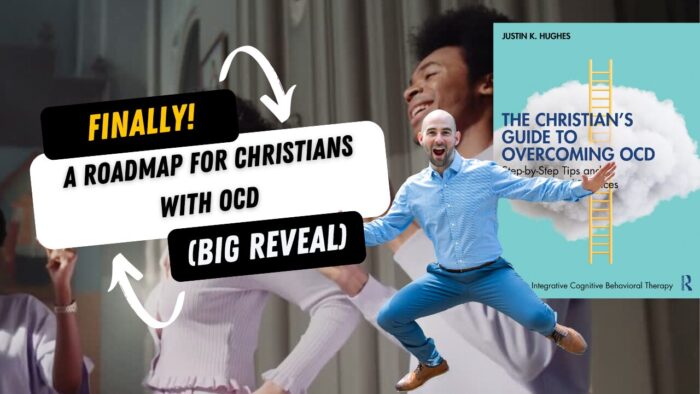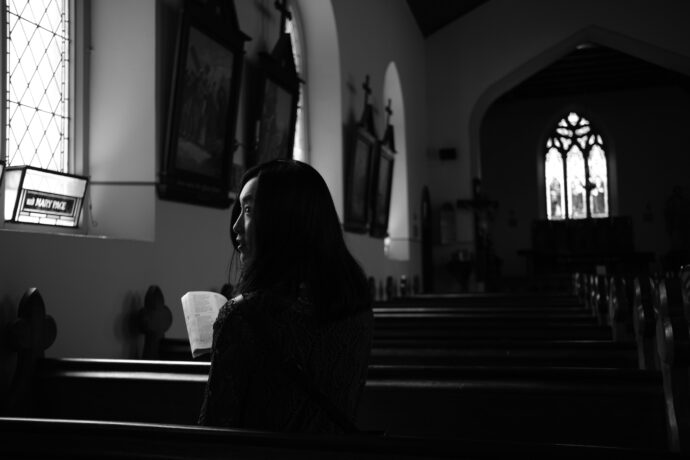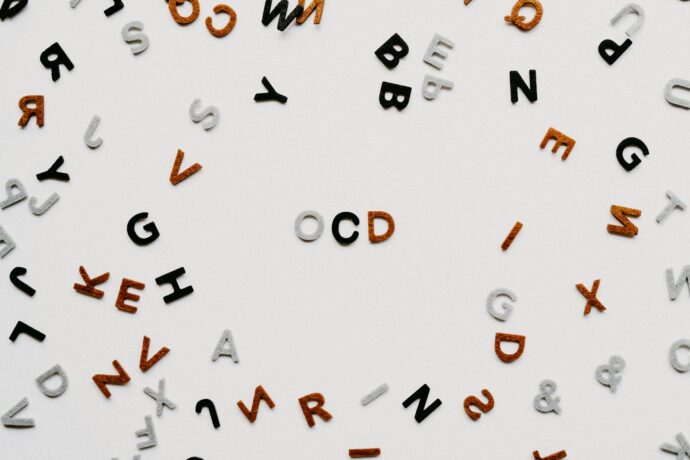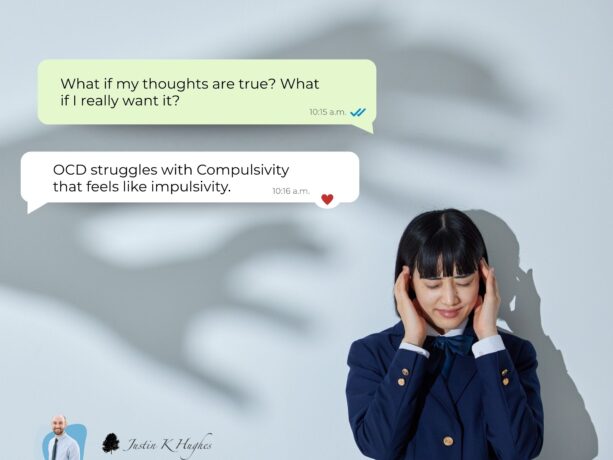
As many people search for meaning and answers to suffering, questions of faith and spirituality are being asked with renewed fervor. It is no surprise to me that these topics are critical in mental health care and treatment. Yet, few know how to navigate them well. I hope you’ll listen to Kimberley Quinlan’s Your Anxiety Toolkit where I had the opportunity to be a guest. It’s a raw and open one for me that I hope will encourage you.
Have a listen now by clicking HERE!
OR find anywhere you get podcasts (episode 380, Your Anxiety Toolkit)
“6 Podcasts to Soothe an Anxious Mind” from The New York Times
Kimberley’s show was recently featured in “6 Podcasts to Soothe an Anxious Mind” by The New York Times. Here’s what she has to say about our episode:
Exploring the relationship between faith and recovery, especially when it comes to managing Obsessive-Compulsive Disorder (OCD), reveals a complex but fascinating landscape. It’s like looking at two sides of the same coin, where faith can either be a source of immense support or a challenging factor in one’s healing journey.
On one hand, faith can act like a sturdy anchor or a comforting presence, offering hope and a sense of purpose that’s invaluable for many people working through OCD. This aspect of faith is not just about religious practices; it’s deeply personal, providing a framework that can help individuals make sense of their struggles and find a pathway towards recovery. The sense of community and belonging that often comes with faith can also play a crucial role in supporting someone through their healing process.
However, it’s not always straightforward. Faith can get tangled up with the symptoms of OCD, leading to situations where religious beliefs and practices become intertwined with the compulsions and obsessions that characterize the disorder. This is where faith can start to feel like a double-edged sword, especially in cases of scrupulosity, where religious or moral obligations become sources of intense anxiety and compulsion.
The conversation around integrating faith into recovery is a delicate one. It emphasizes the need for a personalized approach, recognizing the unique ways in which faith intersects with an individual’s experience of OCD. This might involve collaborating with religious leaders, incorporating spiritual practices into therapy, or navigating the complex ways in which faith influences both the symptoms of OCD and the recovery process.
Moreover, this discussion sheds light on a broader conversation about the intersection of psychology and spirituality. It acknowledges the historical tensions between these areas, while also pointing towards a growing interest in understanding how they can complement each other in the context of mental health treatment.
In essence, the relationship between faith and recovery from OCD highlights the importance of a compassionate and holistic approach. It’s about finding ways to respect and integrate an individual’s spiritual beliefs into their treatment, ensuring that the journey towards healing is as supportive and effective as possible. This balance is key to harnessing the positive aspects of faith, while also navigating its challenges with care and understanding.








Leave a Reply